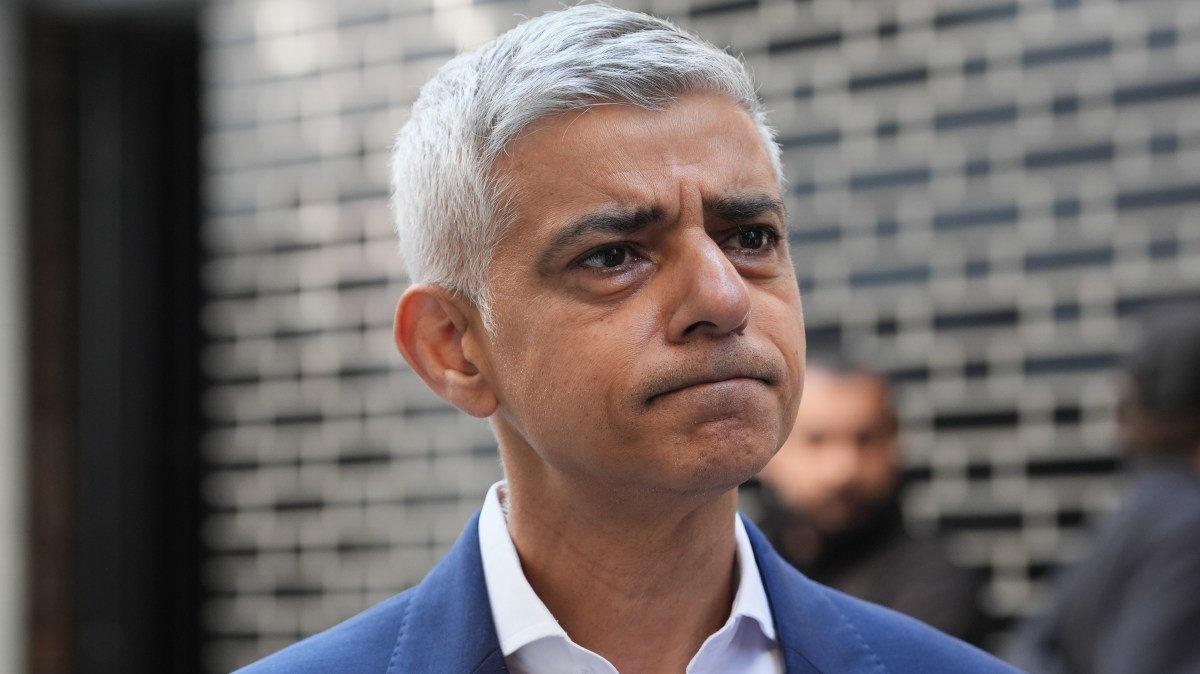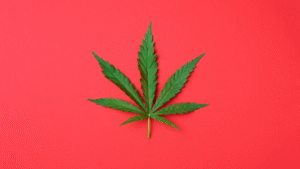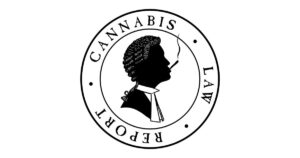Possessing cannabis should be decriminalised, the London mayor Sadiq Khan has said.
A commission set up by Khan and chaired by the former justice secretary Lord Falconer of Thoroton, an ally of Sir Keir Starmer, recommended that possession of cannabis be dealt with under the Psychoactive Substances Act rather than the Misuse of Drugs Act as it is now.
It would remain a criminal act to import, manufacture and distribute cannabis, but it would not be a criminal act to possess small quantities for personal use.
The power to change the classification of cannabis sits with the Home Office. A spokesman said there was “no intention” of changing its status.
The report from the London Drugs Commission stopped short of calling for cannabis to be legalised because the “extent of harms” were not yet clearly understood, but it said policing of cannabis possession “continues to focus on particular ethnic communities, creating damaging, long-lasting consequences for individuals, wider society, and police-community relations”.
Falconer’s commission concluded that “cannabis laws have been used to stop and search black communities disproportionately”.
Natural cannabis is regarded as a class B drug, alongside amphetamines, ketamine and the synthetic cannabinoid “spice”. The maximum penalty for possession is five years in prison. The report found that the sentencing options available for possession “cannot be justified”.
Lord Falconer of Thoroton, a former justice minister, led Khan’s commission on drugs
HANNAH MCKAY/PA
Falconer suggested that much more education on the risks of cannabis use was required but that a “fundamental reset” was needed that focuses “only on the dealers and not the users”.
Khan said the study drew on “all the latest evidence from around the world”.
“The commission report makes a compelling, evidence-based case for the decriminalisation of possession of small quantities of natural cannabis, which the government should consider,” he said. “It says that the current sentencing for those caught in possession of natural cannabis cannot be justified given its relative harm and people’s experience of the justice system.”
There were 23,864 cannabis possession offences in London in 2023, down from 31,936 the year before and 36,738 in 2021. About half of the offences recorded in 2023 resulted in a community resolution order, used for less serious crimes.
Khan has said legalisation has helped increase tax revenues in the United States
GETTY IMAGES
Khan has previously said he had an “open mind” on decriminalising cannabis. He visited a cannabis farm in California in 2022, and said the authorities there had raised “literally millions and millions of taxes which can be used for good purposes”.
Recreational marijuana is legal in 24 US states; the market in New York state alone is worth $1 billion. According to data from the US National Survey on Drug Use and Health, nearly 18 million Americans reported using cannabis every day.
As police and crime commissioner for the capital, Khan has directed the Metropolitan Police to use intervention schemes rather than arrest and prosecution for low-level drug offences.
In opposition, Sir Keir Starmer said that he had “no intention” of changing drug laws. “Other countries will take different approaches … but our approach is settled and not really a subject of great debate even within the Labour party,” he told a Politico podcast.
Opponents of legalisation and decriminalisation argue that the harm associated with cannabis use is not fully understood. Sophia Worringer, deputy policy director of the Centre for Social Justice, a centre-right think tank, said this year that police officers in New York felt “hamstrung to enforce the law because drug-taking is so widespread”.
She added: “The legalisation of cannabis sends a message about the harmless nature of casual drug-taking. The last thing London, or anywhere in the UK for that matter, [needs] is to import a similar chaos to New York city by liberalising drug laws.”
The Home Office spokesman said: “We will continue to work with partners across health, policing and wider public services to drive down drug use, ensure more people receive timely treatment and support, and make our streets and communities safer. We have no intention of reclassifying cannabis from a class B substance under the Misuse of Drugs Act.”














